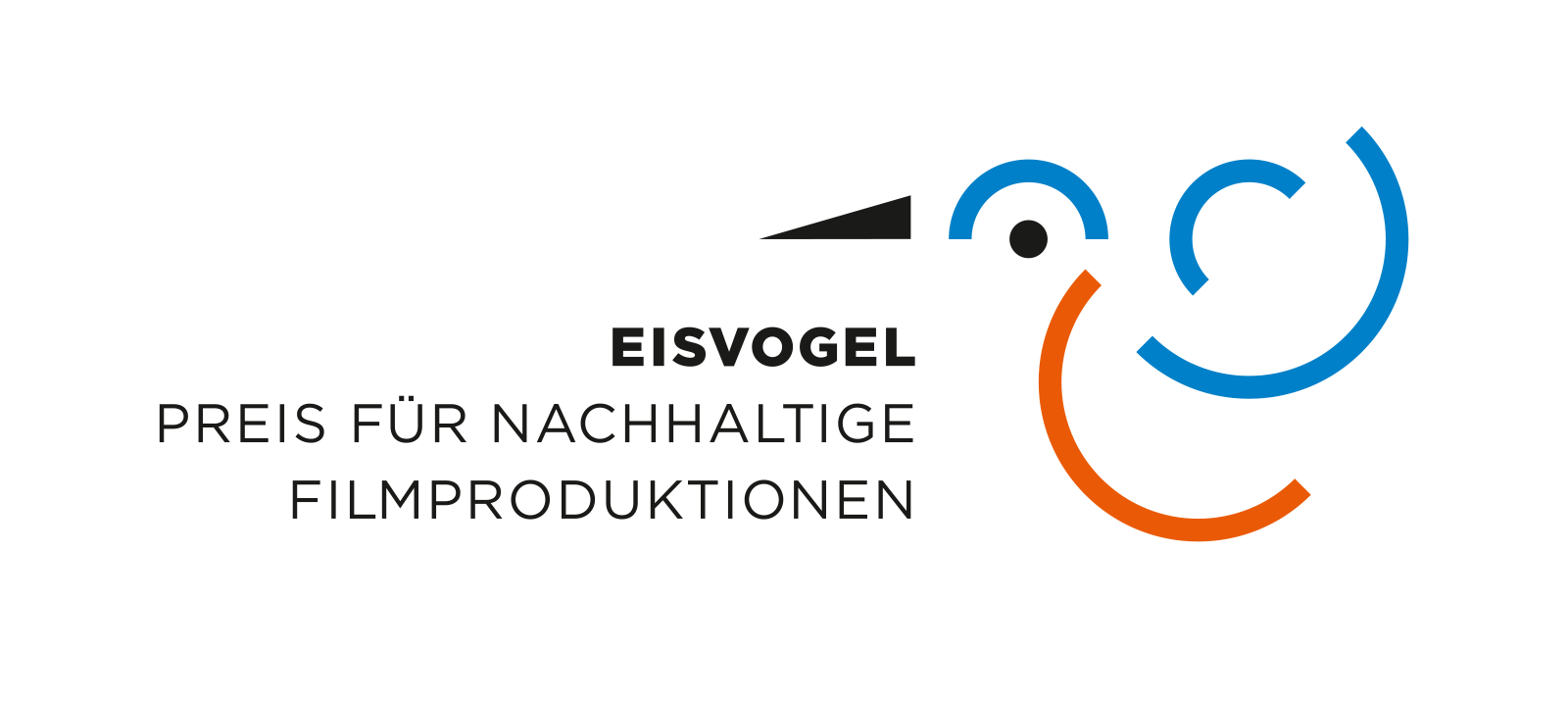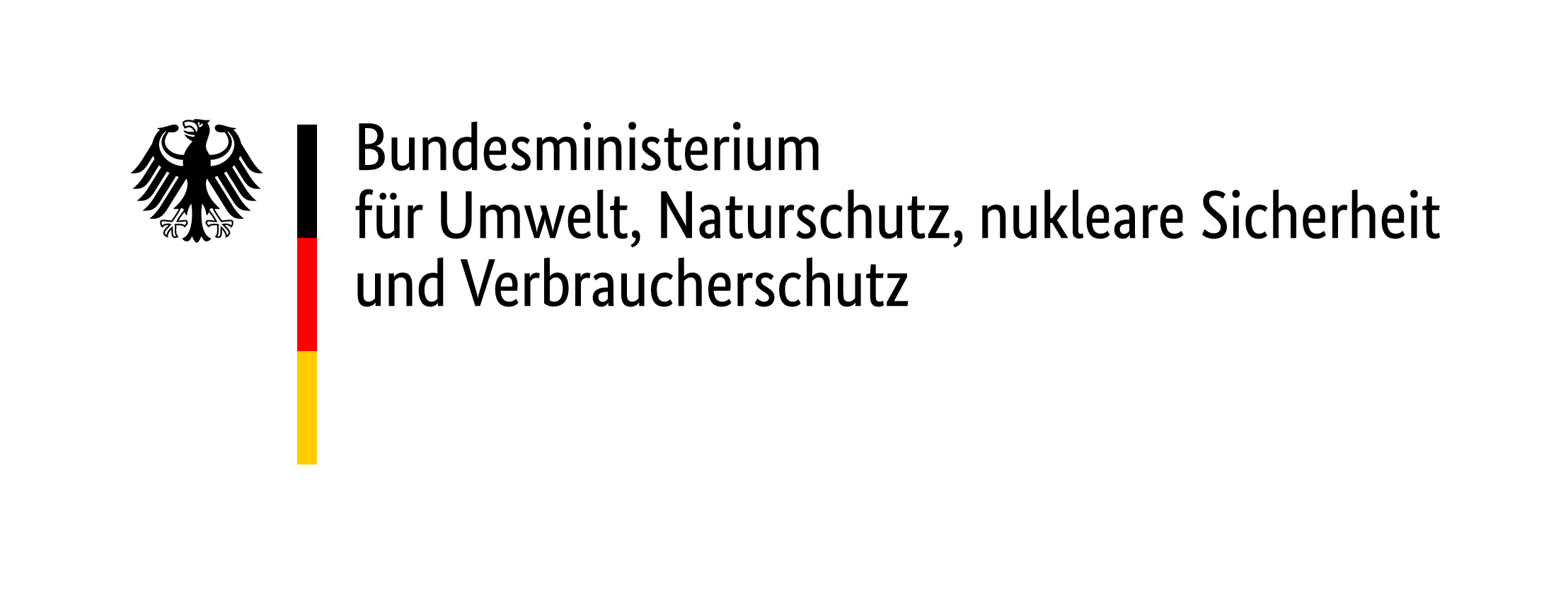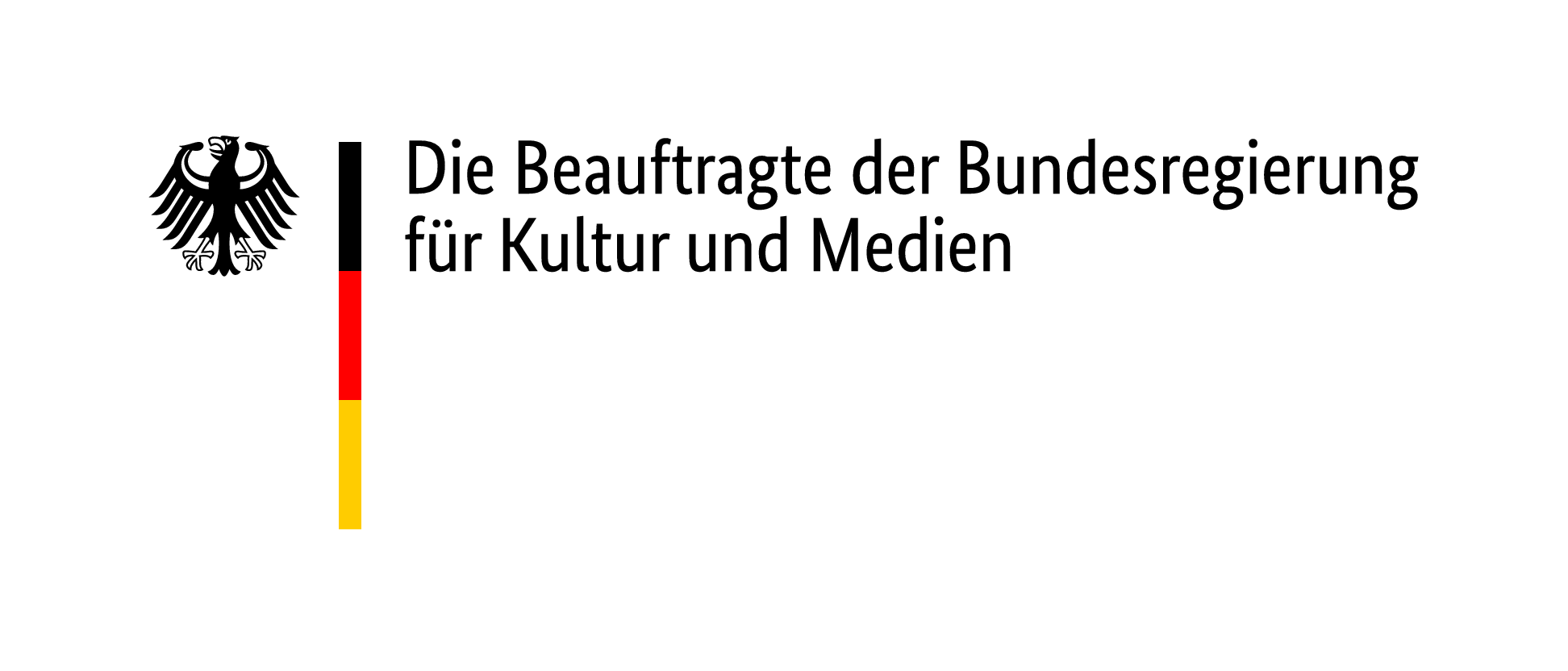In order to build a society shaped by sustainable development, we must make fundamental changes to our current patterns of production and consumption. The film and television industry has a central, guiding role to play in this communal challenge. The sector can help convey information about the actions we need to take and present powerful images of what our lives might look like in the future. On top of that, it is a driver of creative, forward-thinking technological innovation.
Both in order to act as a credible messenger and in light of the fundamental need to reduce the ecological footprint of the audiovisual industry, the production of media itself must also meet the requirements of environmental standards. Some pioneers in the branch have already grasped the importance of this challenge, and have been striving to produce media sustainably for years. The Federal Government, too, was an early champion of resource-saving production practices, and has provided a catalyst for this way of working through its film funding guidelines.
Aiming to support these ecological pioneers, to create incentives for the development of innovative, resource-saving film production solutions and to introduce best practices to a wider (professional) audience, the Federal Ministry for the Environment (BMUV), the Federal Government’s Commissioner for Culture and Media (BKM) and the Heinz Sielmann Stiftung established an international prize for innovative, eco-friendly film production.
The prize is one building block within a larger framework of measures introduced by the Federal Government to promote the more sustainable production of audiovisual content. In particular, it complements the introduction of mandatory minimum environmental standards between the Federal Government Commission for Culture and Media (BKM) and the actors of the German film- and TV industry. On the one hand, these ecological standards serve as a binding basis for film funding regulations at the federal and state levels, which have been in force since 2023, as well as for voluntary environmental labeling by industry players. The EISVOGEL also builds on these common ecological standards and specifically awards productions that go beyond these standards and thus contribute to the further development of sustainable audiovisual content production.
Both in order to act as a credible messenger and in light of the fundamental need to reduce the ecological footprint of the audiovisual industry, the production of media itself must also meet the requirements of environmental standards. Some pioneers in the branch have already grasped the importance of this challenge, and have been striving to produce media sustainably for years. The Federal Government, too, was an early champion of resource-saving production practices, and has provided a catalyst for this way of working through its film funding guidelines.
Aiming to support these ecological pioneers, to create incentives for the development of innovative, resource-saving film production solutions and to introduce best practices to a wider (professional) audience, the Federal Ministry for the Environment (BMUV), the Federal Government’s Commissioner for Culture and Media (BKM) and the Heinz Sielmann Stiftung established an international prize for innovative, eco-friendly film production.
The prize is one building block within a larger framework of measures introduced by the Federal Government to promote the more sustainable production of audiovisual content. In particular, it complements the introduction of mandatory minimum environmental standards between the Federal Government Commission for Culture and Media (BKM) and the actors of the German film- and TV industry. On the one hand, these ecological standards serve as a binding basis for film funding regulations at the federal and state levels, which have been in force since 2023, as well as for voluntary environmental labeling by industry players. The EISVOGEL also builds on these common ecological standards and specifically awards productions that go beyond these standards and thus contribute to the further development of sustainable audiovisual content production.






